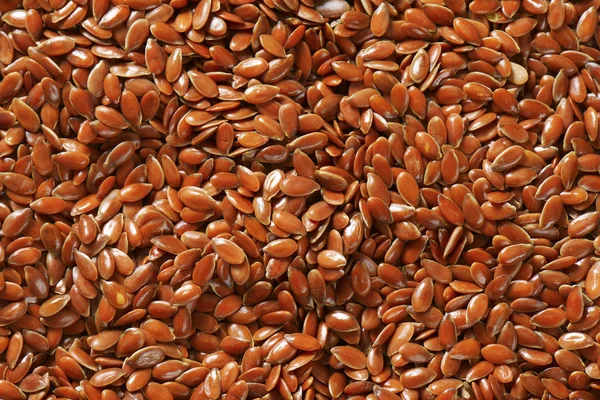
flaxseed-musli
Camelina is low input and re-emergent medicinal and oilseed crop that it needs a lot of research to make the most of its genetic potential. Camelina is an annual or winter annual in the Brassicacea, or mustard family.
Camelina has been developed as a crop due to its high oil content, 30-40%, and unique oil properties. The oil is suitable for a variety of food uses and for biodiesel production. The oil is composed of six percent saturated fatty acids, 30 percent monosaturated fatty acids and 64 percent polyunsaturated fatty acids.
Omega -3 fatty acids comprise 39% (alpha linolenic acid [ALA], 38 %) of the oil. The ALA in camelina oil, unlike that in flaxseed oil with similar high ALA content, has a much longer shelf life and can be stored without special conditions, due to high levels of gamma-tocopherol (Vitamin E). Oil content varies with cultivar and seasonal growing conditions.

